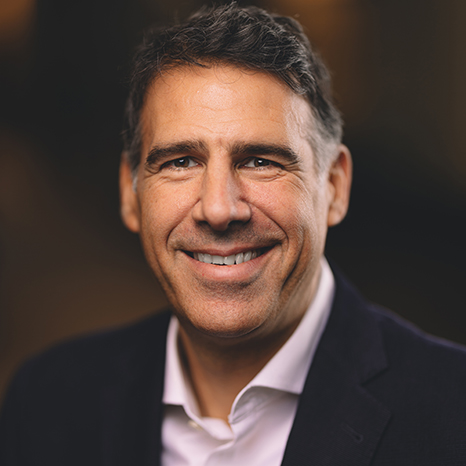According to Arild Spandow, CEO of the technology company Amesto, profitability and sustainability should not be viewed as two separate variables but rather as two sides of the same coin. Amesto has chosen to redirect a previously biased focus on profit to an increased focus on people and planet through what is known as a Triple Bottom Line.
-“The Triple Bottom Line is a model based on measuring businesses not only from a financial perspective but also in terms of including people and the planet. We cannot expect authorities to solve everything for us, we all share a responsibility to contribute and find our fair place in the ecosystem,” an engaged Arild explains.
Ariane Spandow, Head of CSV at Amesto, agrees. She works on social value creation in the company and is extremely passionate about the topic.
“For years now, we have warmly spoken about sustainability but, when it came down to it, we only measured on EBITDA. We realised we had to do something about this if we wanted change. Not only in terms of mindset but also in terms of practice. This became the foundation for the new model by which we now measure the businesses,” she explains.
Our managers therefor deliver on parameters through the Triple Bottom Line: People, the Planet and Profit. To exemplify, if financial results are met, but the objectives for People and Planet fall below the minimum requirements, the results have not been fully obtained.
"Our ambition is for the changes to initiate a chain reaction in which every level across the entire organisation is challenged to work on the three Ps; People, the Planet and Profit. We cannot sit back and wait for the challenges to solve themselves."

